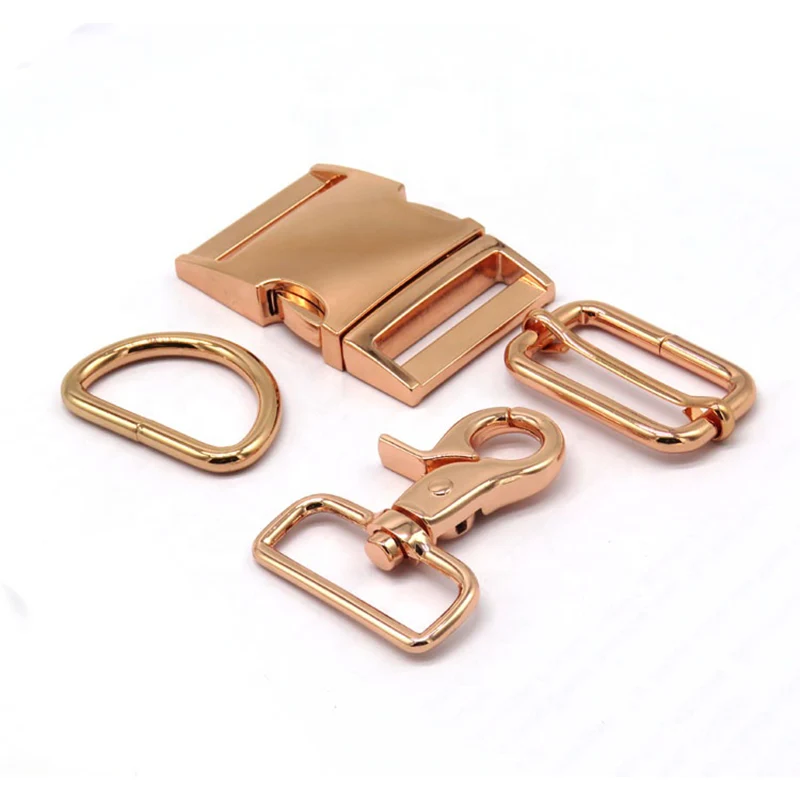Understanding Die Casting: A Comprehensive Guide to the Manufacturing Process
2024-12-06
Introduction
Die casting is a versatile manufacturing process used to produce complex metal components with high precision and excellent surface finishes. From automotive parts to consumer electronics, die casting is integral to creating durable, lightweight, and cost-effective products. In this blog, we’ll delve into what die casting is, how it works, and its benefits across various industries.
What is Die Casting?
Die casting is a metal fabrication process in which molten metal is forced into a mold cavity under high pressure. The molds, called dies, are made from hardened steel and designed to produce parts with intricate shapes and tight tolerances. Common materials used in die casting include aluminum, zinc, magnesium, and their alloys.

How Does Die Casting Work?
1. Preparation
- The die is cleaned and coated with a lubricant to ensure smooth metal flow and easy part ejection.
2. Injection
- Molten metal is injected into the die cavity under high pressure, ensuring the mold is completely filled.
3. Cooling
- The metal solidifies as it cools within the die.
4. Ejection
- The die opens, and the finished part is ejected using pins or other mechanisms.
5. Trimming
- Excess material, known as flash, is removed to achieve the final part shape.
Types of Die Casting
1. Hot Chamber Die Casting
- Best suited for low-melting-point metals like zinc and magnesium.
- Faster production cycles due to the integrated melting pot.
2. Cold Chamber Die Casting
- Ideal for high-melting-point metals like aluminum.
- Offers better control and reduces wear on machinery.
Applications of Die Casting
1. Automotive Industry
- Components like engine blocks, transmission cases, and structural parts.
2. Consumer Electronics
- Housings, frames, and heat sinks.
3. Industrial Machinery
- Gears, pumps, and valve bodies.
4. Aerospace
- Lightweight yet strong parts for aircraft structures.
Advantages of Die Casting
- Precision and Consistency: Produces parts with tight tolerances and uniform quality.
- Durability: Creates robust components that withstand wear and tear.
- Design Flexibility: Allows complex geometries and thin walls.
- Cost-Effective: Economical for high-volume production runs.
Conclusion
Die casting is a cornerstone of modern manufacturing, offering unparalleled precision, efficiency, and adaptability. Whether in automotive, aerospace, or consumer goods, its impact is evident in the high-quality, affordable products we use daily.


